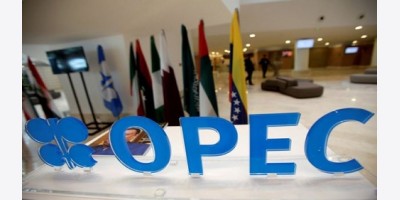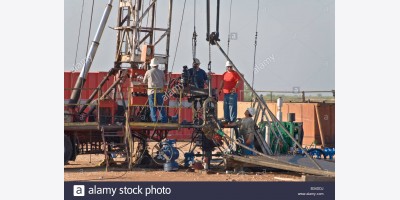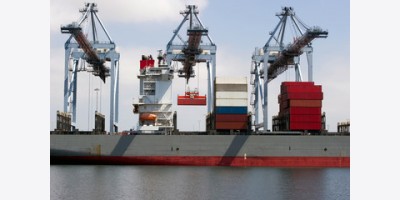BENGHAZI, Libya (Reuters) - Technical problems have delayed the reopening of Libya's eastern Zueitina oil export terminal after the government reached a deal with rebels to end an eight-month blockade of the port, a minister said on Sunday.
Two weeks ago, the Tripoli government reached an agreement with rebels in the restive east to end their occupation of four oil ports which had halted vital exports.
Under the plan, the Hariga and Zueitina ports were due to open immediately while the larger Ras Lanuf and Es Sider terminals would resume oil exports within a month.
Purchase your Officially Licensed UConn National Championship Gear HERE!
But justice minister Salah al-Merghani said Hariga port located in Tobruk in the far east would be the only one to start operations due to technical problems at Zueitina.
"There is some damage (at Zueitina port) due to the long closure," Merghani told a televised news conference from the eastern city of Benghazi.
He declined to give a date for the resumption of oil exports from the 70,000 barrels-per-day port or for the Ras Lanuf and Es Sider ports.
"Talks to reopen Ras Lanuf and Es Sider will only start after Zueitina has reopened," he said.
He said the formation of a committee to investigate claims of corruption in the oil sector, a key rebel demand, had also been delayed as both sides needed first to agree on its members.
Libya's government badly needs to boost oil exports, revenues from which are the main source for the budget and crucial to funding essential food imports such as wheat.
Parliament has failed to approve a 2014 budget as oil production has slumped to 200,000 bpd from 1.4 million bpd last summer when a wave of protests started.
A different set of protesters has blocked key western oilfields, reflecting chaos in the North African country nearly three years after the overthrow of Muammar Gaddafi.
The weak central government is unable to disarm militias who helped overthrow Gaddafi but have kept their guns to make financial and political demands.
Tunisia said on Sunday it was mediating in Libya to launch a national dialogue between different factions in a bid to end the political crisis in its neighbor.
Legislation and decision-making in Libya have been paralyzed by political infighting and divisions along tribal and ethnic faultlines.
"Tunisia has begun efforts to launch a national dialogue that includes all Libyan parties to find a peaceful solution and compromise to end the crisis, restore security and stop the situation from deteriorating," said Mokthar Chaouachi, spokesman for Tunisia's foreign ministry.
The Libyan government, the United Nations and several foreign ambassadors support the Tunisian initiative, he added, without giving any date for the dialogue to begin.
(Reporting by Ulf Laessing, Feras Bosalum and Ayman al-Warfalli, and Tarek Amara in Tunis; Editing by Rosalind Russell)
Copyright © 2014, Reuters























